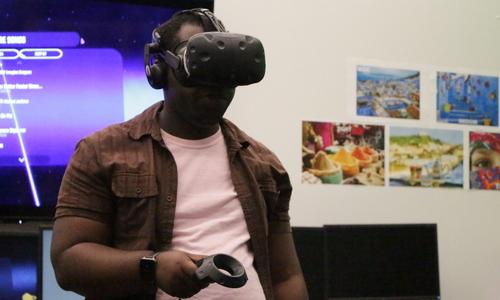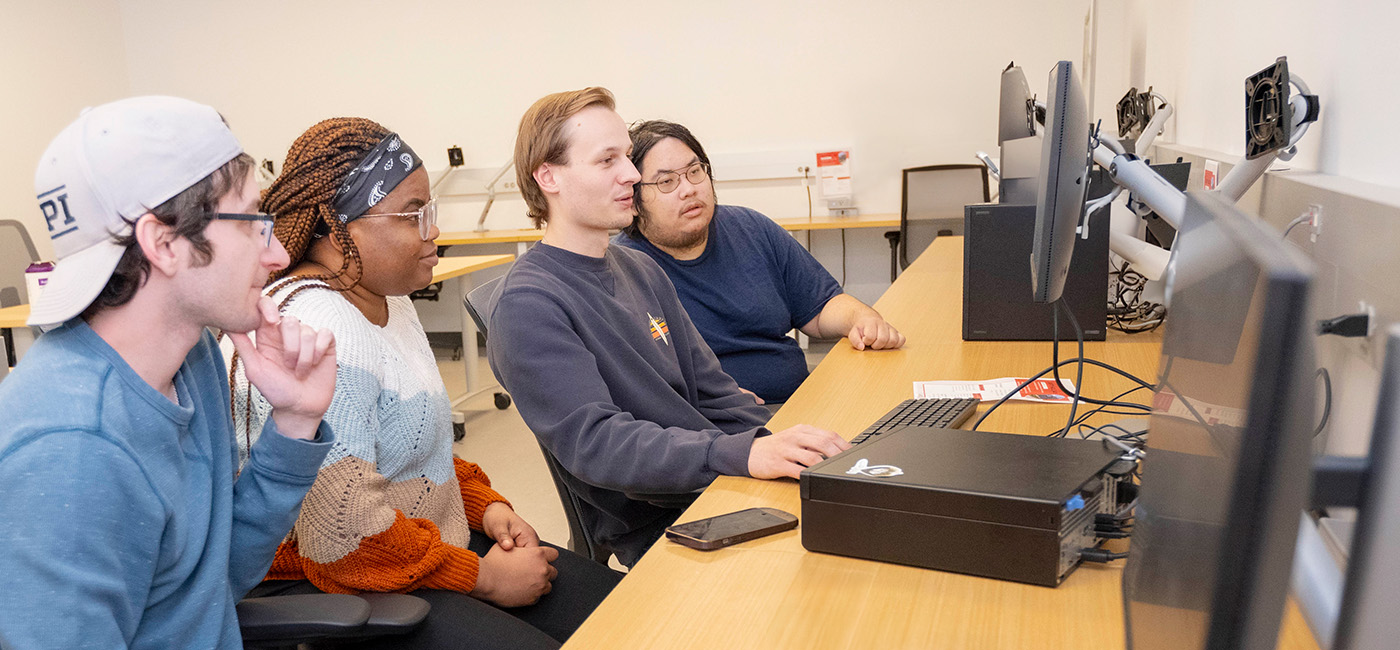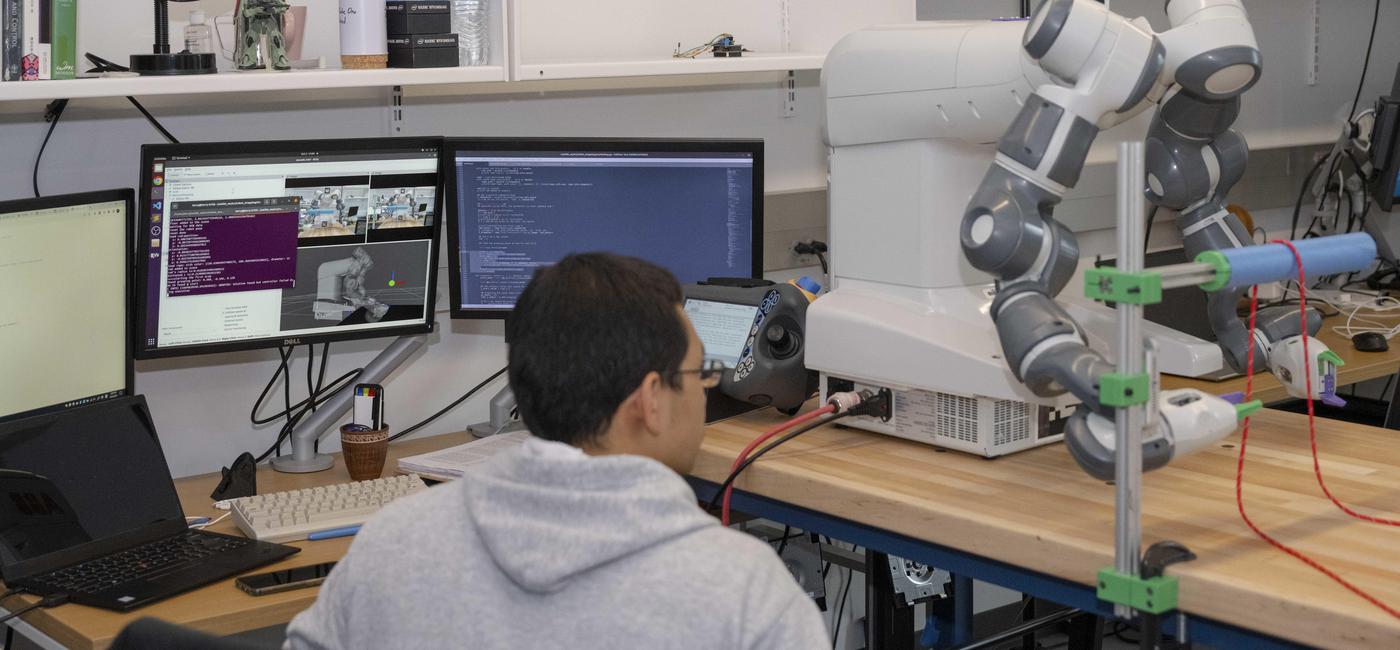Apply In-Demand AI Skills in Your Career
Artificial intelligence is rapidly changing how we live and work. Are you looking for ways to integrate AI in your career and take advantage of the opportunities it presents? Leveraging decades of AI expertise, WPI is now offering a Graduate Certificate in Artificial Intelligence. Through WPI’s project-based approach, you’ll grow your technical expertise with a responsible approach in this rapidly growing area.
Program Highlights:
- Benefit from WPI’s deep history of teaching and furthering artificial intelligence.
- Take advantage of WPI’s interdisciplinary approach and hone your AI skills in courses you’re interested in selected from academic departments across the entire campus.
- Gain real-world experience as you learn to innovate with AI techniques and systems.
- Learn from world-class faculty who are industry and scholarly leaders working on cutting-edge research projects in areas critical to our economy and to society.

377,500
Annual job openings through 2032
Bureau of Labor Statistics
$136,620
Median salary for computer and information research scientists
Bureau of Labor Statistics (2022)
$15.7 trillion
Contributed to the economy from AI by 2030
Forbes
Curriculum
The graduate certificate in Artificial Intelligence (AI) prepares you to utilize AI technologies in real-world applications. The certificate consists of 12 credits (4 graduate courses) taken from the list of courses from the MS in Artificial Intelligence that must satisfy the following criteria:
- At least one course must be taken from the Artificial Intelligence bin of the MS in AI degree.
- Two additional courses must be taken from two distinct core bins of the MS in AI, other than the Artificial Intelligence bin.
- The remaining credits can be earned from any of the courses approved in the MS-AI degree listed in the graduate catalog or otherwise approved by the AI program, including preparatory courses, core courses, and Special Topics courses related to AI.
The certificate courses may subsequently be applied to a degree program at WPI, including the MS in Artificial Intelligence, the MS degree in Data Science, the MS in Computer Science, or the MS in Robotics Engineering, provided that the courses meet the requirements of that degree program.
If you have completed or are currently enrolled in a graduate degree at WPI (other than Artificial Intelligence), you can double count graduate credits from your graduate degree to meet up to one-third of the graduate credits for a (subsequent) Graduate Certificate in Artificial Intelligence.
Faculty Profiles







Graduate Studies Series
Team members from Graduate & Professional Studies host quick and convenient webinars designed to highlight popular topics when starting grad school. Take a deep dive into specific areas of interest such as how to secure funding, how to ace your application, an overview of student services, and more!
Take the First Step Today
Receive information about earning WPI’s new Graduate Certificate in Artificial Intelligence.


